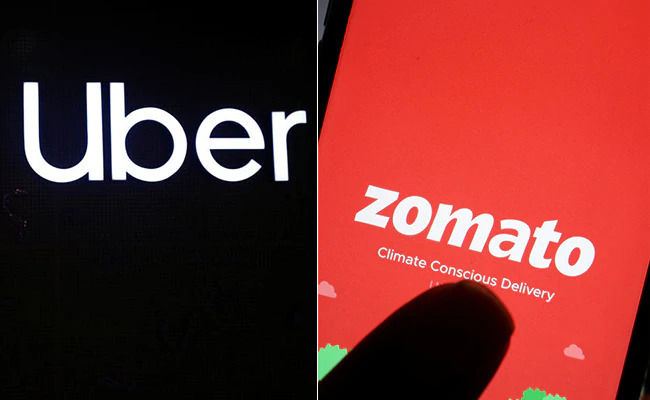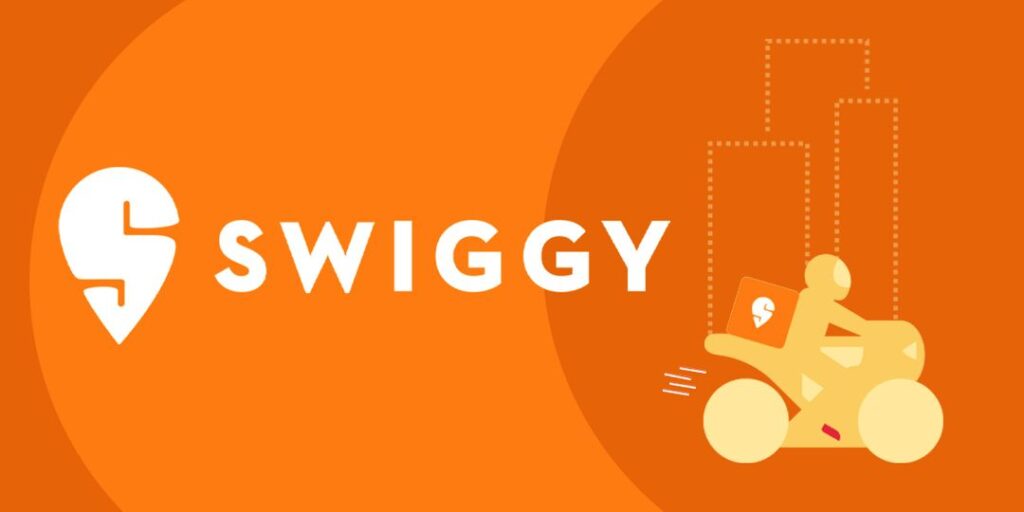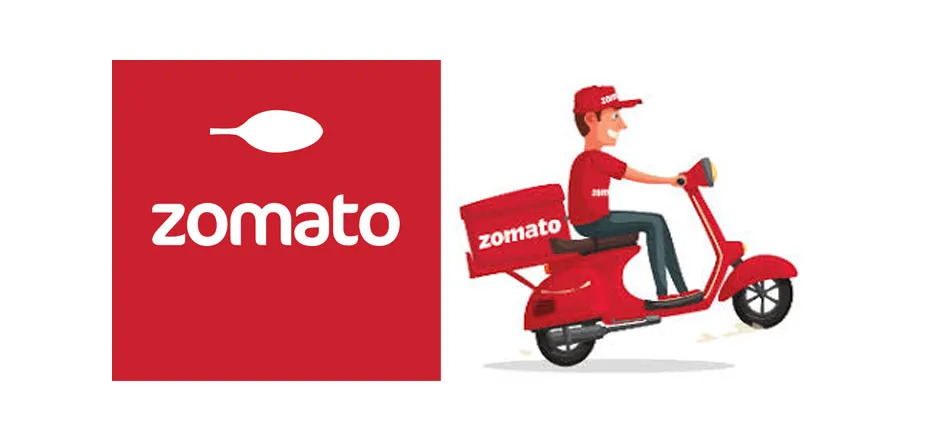Uber Sells 7.8 Percent Stake In Zomato In $373 Million Block Deal: Check Details.
Uber Technologies Incorporated, an American Mobility service provider, is expected to sell a 7.8 % stake in the food delivery platform, Zomato on 3 August 2022, Wednesday, through a $373 million (approximately Rs. 2900 crores) block deal according to a familiar source and a document seen by the new agency.
Zomato purchased Uber Eats’ India operation in a non-cash deal in January 2020. As a result, Uber received approximately a ten percent stake in the restaurant discovery platform.
The proposal size of $373 million (approximately Rs 2,900 Crores) was on the basis of the lower end of a Rs 48- Rs 54 price range determined for the block deal with a discount of 2.8-13.6 percent to the closing price on the National Stock Exchange of Rs 55.55 on Tuesday, the document stated.
The sole lead coordinator in the issuance of this block deal is BofA Securities, an American multinational investment banking division under Bank of America.

An inner firm memo viewed by the news agency disclosed that the Indian food Delivery Platform with backing from China’s Ant Group is taking reorganizing its management into account so that its discrete businesses would have its chief executive officer whereas the parent corporation would be renamed as “Eternal”.
Deepinder Goyal, Chief Executive Officer of Zomato, in the memo specified that the corporation was currently not only operating the Zomato food delivery business but also other large businesses. Goyal said the businesses also include Blinkit, a proposed purchase of grocery-delivery startup, food Ingredients and kitchen supply business Hyperpure, and a non-profit organization whose purpose is to decrease hunger in poor Indian communities known as Feeding India.
“We are transitioning from a company where I was the CEO to a place where we will have multiple CEOs running each of our businesses…all acting as peers to each other”, Goyal stated in the memo.
Source: gadgets360.com
Deepinder Goyal specified in the memo that the proposed name for the parent corporation, “Eternal” would stay as an “Internal name for now”.
Zomato’s shares hit rock bottom last week as a one-year shares lock-in time duration for employees, advisors and other investors terminated and it posted a smaller quarterly loss, helped by some gain in orders for restaurant meals on its platform on 1 August 2022, Monday. The net loss of the firm was Rs. 1.86 Billion for the three months ended on 30 June, IN comparison with a loss of Rs. 3.56 Billion, which was recorded a year ago, the firm stated in a regulatory filing. On 27 July, Its shares changed by 37 per cent from a low of Rs 40.55 on the Bombay Stock Exchange.
On Tuesday, Uber Stated in its earnings report that it had experienced an unexpected loss of $245 million in the second quarter and $707 million in the course of the first half of 2022 on its investment in Zomato. These unexpected losses are related to the reappraisal of its stakes in America-based self-driving technical firms Aurora, Indonesian mobility service provider firm, Grab and Zomato.
“I would say that change is always slow and then it is actually fast. You don’t wake up one day and say now I want to change and then change happens overnight. So, I think over the last year, we have been really prepping and working hard to set up the infrastructure to make this change happen. This quarter is when all of those things actually started to happen,” cofounder and chief executive Deepinder Goyal specified, on whether the corporation had intentionally concentrated on profitability currently.
Source: economictimes.indiatimes.com
The Ceo specified that their Food delivery platform, Zomato, had already invested approx. 150 million USD in BLinkit as a loan before they declared the acquisition in march.

I am a student pursuing my bachelor’s in information technology. I have a interest in writing so, I am working a freelance content writer because I enjoy writing. I also write poetries. I believe in the quote by anne frank “paper has more patience than person








